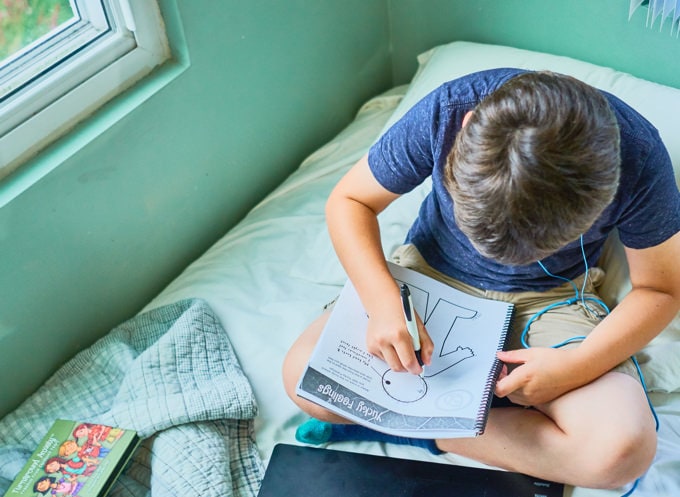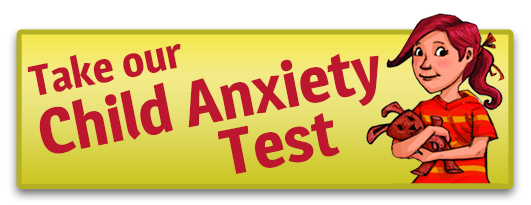Just as the grownup world has its own terrors and stressors that stimulate adult anxiety, childhood is filled with concerns and pressures all its own, which may cause your child to feel anxious, sometimes at problematic levels. Difficulties with learning and attention may further exacerbate the problem.
There are numerous potential clues that your child is suffering from anxiety, which may manifest in a combination of physical, emotional and behavioral indicators. The following list contains some of the common signs your child is anxious, in order to aid parents in recognizing the symptoms.
Emotional Signs of Child Anxiety
- Your child becomes afraid or worried in various drop-off situations, such as school, daycare and friends’ and relatives’ homes.
- They suffer from large-scale fears, like natural disasters, and phobias.
- They worry about making mistakes, no matter how tiny or insignificant.
- They are often pessimistic and have negative thoughts, like imagining the worst.
- They frequently cry.
- They are having tantrums and meltdowns.
- They suffer from regularly occurring nightmares about a parent or loved one dying.
- They have panic attacks, or fear having them.
- They are highly sensitive.
- They exhibit compulsive behaviors (hand washing, finger tapping, etc.) and/or experience obsessive thoughts.
- They suffer from high levels of anxiety over taking tests.
- They worry about situations that are far ahead in the future.
- They become angry, aggressive or grouchy without clear cause.
- Their fears and worries are so burdensome that they interrupt play.
- If applicable, they fear others will discover the child has learning and/or attention difficulties.
Physical Signs of Child Anxiety
- Your child has problems with falling and/or staying asleep.
- They won’t eat snacks and/or lunch at daycare or school.
- They shake or sweat when intimidated.
- They often complain of stomach aches, headaches and/or fatigue, without a medical reason for the ailments.
- They constantly tense their muscles.
- They will only use the bathroom at home.
- They become distracted, restless, fidgety and/or hyperactive, regardless of whether or not they suffer from ADHD.
- They have skin problems or rashes
Behavioral Signs of Child Anxiety
- Your child refuses to go to school.
- They are always seeking approval, from family, teachers and friends.
- They are obsessive about perfection.
- They avoid participating in group class activities.
- They refuse or avoid talking with friends, adults, other parents, etc., when in public.
- They frequently claim they can’t do something, regardless of the reason.
- They ask, “What if?” excessively.
- They are defiant and oppositional, without a clear reason.
- They exaggerate negative talking points. (“This always happens…”)
- They turn angry and/or emotional due to separation from family and loved ones.
- They are distant or overly quiet during group projects and efforts.
- They can be rigid, inflexible, highly self-critical and/or feel intense guilt.
- They avoid social situations outside of school.
- They prefer to remain inside and alone during activities like lunch and/or recess.
- They procrastinate, and/or suffer from poor memory and concentration.
If after reviewing this checklist you believe your child may have a problem with anxiety consider taking our free online assessment for more information. Additionally, please consider talking to your physician or other qualified professional because the sooner it is addressed the better. Recognizing the anxiety and formulating a plan are the first steps toward a brighter, happier future for your child.


